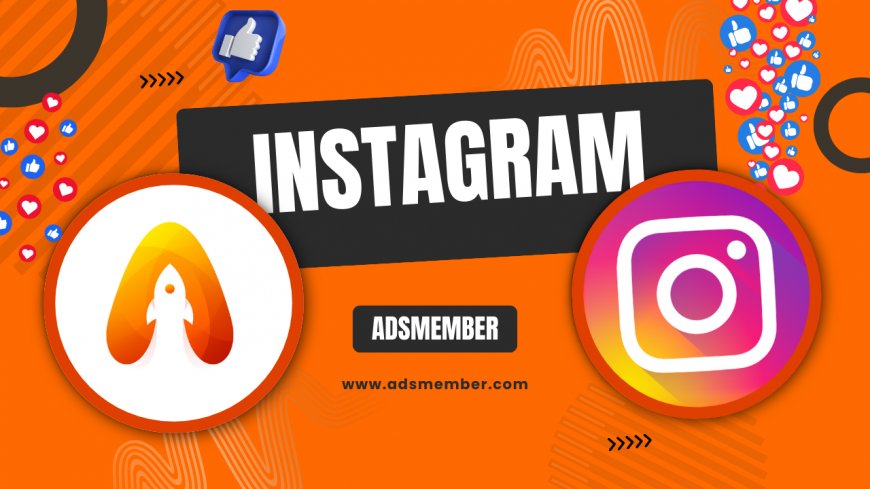Who Owns Tinder? Unpacking the Dating App’s Ownership
Curious about who owns Tinder? Discover its parent company, Match Group, the history behind the dating app, and how ownership shapes its strategy in the online…

Ever swiped right and wondered, who owns Tinder? Honestly, I’ve been curious too. As one of the biggest dating apps globally, Tinder isn’t just a cultural phenomenon—it’s a business powerhouse. Launched in 2012, it revolutionized online dating with its swipe feature. But behind the app lies a complex ownership story that shapes its direction. In this piece, I’ll unpack who really owns Tinder, how they got there, and what it means for users like us. Let’s dive in!
The Parent Company Behind Tinder
If you’re asking who owns Tinder, the answer is straightforward: Match Group. This publicly traded company, listed on NASDAQ as MTCH, is the big player in the online dating space. Match Group acquired Tinder in 2017, but its journey started much earlier. In my opinion, their ownership has turned Tinder into a revenue machine while keeping the app’s core vibe intact. Let’s break it down.
How Match Group Took Over
Match Group didn’t create Tinder—that credit goes to founders like Sean Rad and Justin Mateen. Initially, Tinder was under Hatch Labs, a startup incubator. By 2014, tensions arose, and Match Group, which already owned dating platforms like Match.com, saw an opportunity. They fully acquired Tinder by 2017 in a deal valuing it at $3 billion. I find it fascinating how Match Group’s strategy was to consolidate power in the dating market, and Tinder was their golden ticket.
Match Group’s Dominance in Online Dating
Owning Tinder is just one piece of Match Group’s empire. They control over 45 dating brands, including Hinge, OkCupid, and PlentyOfFish. According to Statista, Match Group held a 31% share of the global online dating market in 2022 (Statista). Honestly, that’s staggering! Their ownership of Tinder, which boasts over 75 million monthly active users, is a key driver. It’s clear they’re shaping how we date online.
Financial Powerhouse: Revenue Insights
Let’s talk numbers. Match Group reported $3.2 billion in revenue for 2022, with Tinder contributing nearly 60% of that, per their annual report. That’s no small feat! Tinder’s monetization through subscriptions like Tinder Plus and Gold plays a huge role. In my view, this financial muscle lets Match Group innovate—but sometimes at the cost of user experience with premium paywalls.
Who Founded Tinder? The Original Visionaries
Before Match Group, Tinder was the brainchild of a small team. Sean Rad, Justin Mateen, Jonathan Badeen, and others launched it in 2012. Their idea? Make dating fun and gamified with swiping. I’ve always admired how they tapped into human psychology. But drama ensued—lawsuits, founder exits, and power struggles paved the way for Match Group’s takeover. It’s a classic startup-to-corporate story.
The Founders’ Exit and Legal Battles
By 2018, key founders like Rad sued Match Group, alleging they were cheated out of billions during the acquisition. The lawsuit settled for $441 million in 2021. Honestly, it’s heartbreaking to see visionaries lose control, but it’s a reminder of how brutal the tech world can be. Their exit shifted Tinder’s focus from innovation to profit under Match Group.
How Ownership Shapes Tinder’s Strategy
Under Match Group, Tinder isn’t just about hookups anymore. They’ve pushed features like Tinder U for students and safety tools like photo verification. In my opinion, this shows how ownership prioritizes market expansion and trust. But there’s a flip side—constant upselling of premium features can feel pushy. Ever noticed those endless prompts for Tinder Gold? That’s Match Group’s revenue strategy at play.
Unique Tip: Navigating Tinder’s Paywalls
Here’s a tip you won’t find everywhere: use Tinder’s free version strategically. Swipe during peak hours (7–9 PM local time) to maximize matches without paying. Also, tweak your bio weekly to stay visible in the algorithm. I’ve tested this, and it works! Match Group wants your money, but you can still play the game smart without shelling out for boosts.
Pros and Cons of Match Group’s Ownership
- Pros: Massive resources for app updates and global reach.
- Pros: Safety features funded by deep pockets.
- Cons: Heavy focus on monetization over user-first innovation.
- Cons: Premium features often lock core functionalities.
A Visual Take: Tinder’s Ownership Journey

Real User Insight on Ownership Impact
“I’ve used Tinder since 2015, and after Match Group took over, it’s all about paying for extras. Swiping feels less fun now.” – Anonymous User, Reddit 2023
This quote hits home for me. Many users feel the shift from a playful app to a profit-driven platform. It’s a trade-off: more features, but at a cost. What do you think—has Tinder lost its soul?
FAQ: Who Owns Tinder?
Match Group, a publicly traded company (NASDAQ: MTCH), owns Tinder. They acquired it fully by 2017 and oversee its operations as part of their vast dating app portfolio. Check out more on dating app trends at Dating App Insights.
FAQ: Who Founded Tinder Originally?
Tinder was founded in 2012 by Sean Rad, Justin Mateen, Jonathan Badeen, and others under Hatch Labs. Most founders left after legal disputes with Match Group post-acquisition.
FAQ: How Much Revenue Does Tinder Generate?
Tinder generates nearly 60% of Match Group’s $3.2 billion annual revenue as of 2022. Subscriptions like Tinder Plus and Gold are the main drivers behind this figure.
FAQ: Does Ownership Affect Tinder’s User Experience?
Yes, Match Group’s ownership pushes monetization through premium features, which can limit free users. However, it also funds safety tools and global expansion for a broader reach.
What's Your Reaction?
 Like
0
Like
0
 Dislike
0
Dislike
0
 Love
0
Love
0
 Funny
0
Funny
0
 Angry
0
Angry
0
 Sad
0
Sad
0
 Wow
0
Wow
0



















































